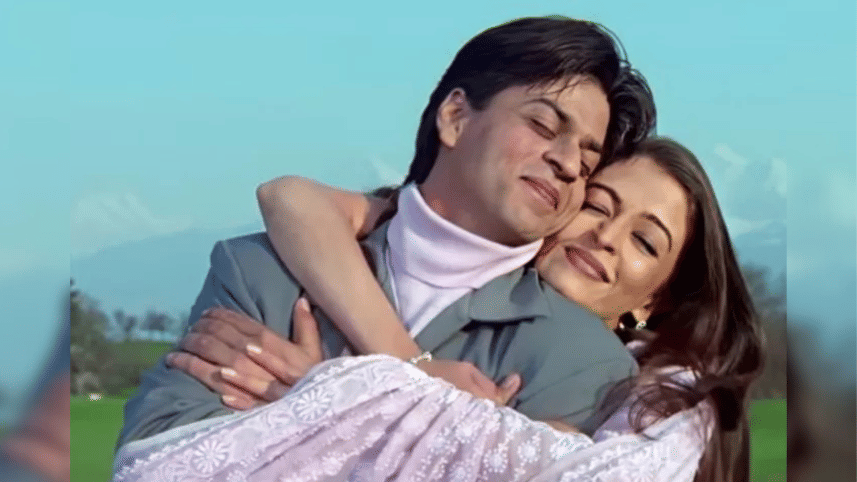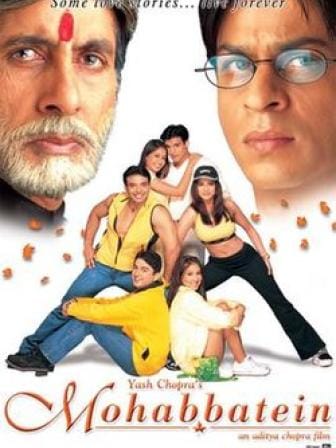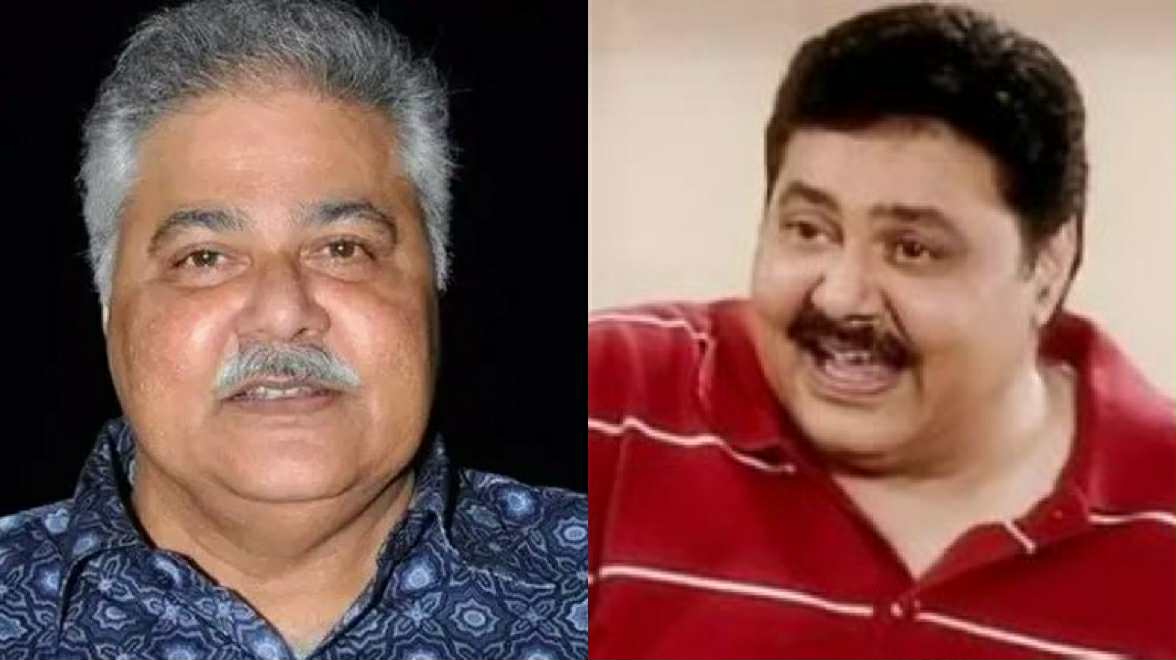Twenty five years of believing in ‘Mohabbatein’

Twenty-five years have passed since "Mohabbatein" first lit up screens, yet for all its sentimental excess and narrative ambition, the film remains as a melodrama both of and about transition. With one foot in the traditions of big-banner romance and the other straining toward something more youthful, noisy and sweeping, it was iconic back then, and continues to be so. In revisiting this storied production, one finds a layered tribute: to the actors, the aesthetic, the music, and also to the contradictions that make it enduring rather than perfect.
From the moment we meet Narayan Shankar (Amitabh Bachchan), the stern patriarch of the Gurukul school of tradition lecturing about Parampara (Tradition), Pratishtha (Foundation), Anushasan (Discipline), the film stakes its claim on conflict between order and passion. Then comes Raj Aryan (Shah Rukh Khan), the violin-playing teacher who returns, scarred by loss and committed to teaching rebellion through the medium of love itself. Their face-off stands in for a generational and cultural tug of war. The chemistry between Bachchan's steady gravitas and Khan's theatrical flair is one of the film's enduring charms. It is not flawless but it is magnetic. The film shot for three hours and thirty-six minutes, and yes, by modern standards it often unwinds slowly, yet that length allows space for the grandeur the film craves.

The film was not subtle, it was never meant to be. Everything was grand: the dialogue, the music, the emotions. But that's what made it unforgettable. It asked us to believe that love could, quite literally, change the world. At the heart of "Mohabbatein" lies a cinematic optimism that feels almost extinct today. There was something beautifully naive about its conviction that love, not logic, not rebellion for rebellion's sake, but pure, unfiltered love, could soften even the harshest hearts. The film's visual texture and sound design make it a time capsule of 2000-era Hindi cinema: the costumes, the architecture, even the choreography of the student ensemble all signal a moment before realism took grip in Bollywood. It is sumptuous, self-aware, and unabashed in its romanticism. In its theme and structure, "Mohabbatein" owes a creative debt to "Dead Poets Society" with a strict institution, a charismatic rebel teacher, young lovers under strict regimes. But what Aditya Chopra did with the reference was to wrap it in the bigger Bollywood tradition of romance and tragedy. Where the Hollywood inspiration might centre on the idea of carpe diem, "Mohabbatein" trades in love's urgency, rebellion and sacrifice. The narrative's core of using love as force versus authoritarian repression resonates
It is easy now, in hindsight, to point out its excesses. The film's length, its sermon-like dialogues, its unflinching moral binaries; all of it feels indulgent by today's standards. But that indulgence was precisely the point. "Mohabbatein" did not just tell us a story; it enveloped us in a world where emotion was allowed to be infinite. In an era before irony became fashionable, there was courage in that kind of sincerity. And then there was the trio of young lovers, Jimmy Shergill, Jugal Hansraj, and Uday Chopra, each with their distinct version of love. Ishika and Vicky's feisty flirtation, Karan and Kiran's tragic tenderness, Sameer and Sanjana's shy innocence — together they formed the heartbeats of Gurukul. It was not so much about their individual stories as it was about the universality of their feelings and that stage in youth when love feels like a rebellion, when every rule broken feels like a personal revolution. However, where "Mohabbatein" really finds its heartbeat is in moments of spontaneity and performance. A viewer might roll their eyes at the heightened emotion, but one cannot deny the effect the film creates of feeling, not subtle intimations of it. And, for many, that is precisely the point.

Looking back now, "Mohabbatein" feels like a cinematic bridge connecting the old Bollywood of moral drama with the new one of youthful exuberance. Aditya Chopra had already defined one generation's romance with "Dilwale Dulhania Le Jayenge"; "Mohabbatein" extended that universe into something deeper and more philosophical. It was not about eloping anymore; it was about confronting authority, finding love within the system, teaching tradition how to feel again. What stays with me after all these years is not the plot or even the performances but the feeling. That slow, sweeping sense of warmth, the comfort of familiar emotions rendered in cinematic gold. There was something profoundly healing in the way Raj spoke about love — not as possession but as memory, as a force that lives on even when the person does not. Twenty-five years later, when I watch "Mohabbatein", I am struck by how it feels like a relic and a revelation at once. Its world is impossible now. Gone is the innocence of love, the grandeur of idealism, and the unapologetic way it treated emotion as art. But that impossibility makes it even more precious. We live in an age of subtlety and self-awareness, but sometimes, you just want to feel things loudly. "Mohabbatein" gave us permission to do that.
In the end, the film may not be flawless, but it remains heartfelt, ambitious and unashamedly romantic. It is a film that dared to say love is larger than rules, and in doing so invited a generation to believe in that statement. And twenty-five years on, the music still plays and the lines still echo. The tribute lies in remembering not just what the film achieved but what it dared to be: a feast of romance, rebellion and legacy. Perhaps that's why it endures. For those who grew up on it, it is not just nostalgia. It is a reminder of who we were, the hopeless romantics who believed that violins could summon love, that forgiveness could be cinematic, and that even the strictest of hearts could eventually soften. And twenty-five years on, "Mohabbatein" remains a love letter, not just to romance, but to the belief that love, in all its chaos and beauty, will always find a way to win.




 For all latest news, follow The Daily Star's Google News channel.
For all latest news, follow The Daily Star's Google News channel. 
Comments